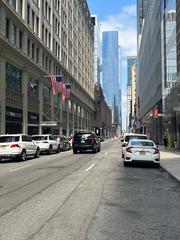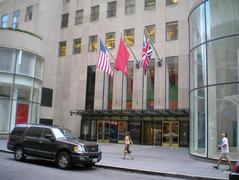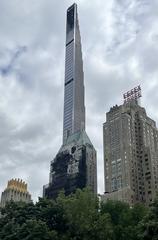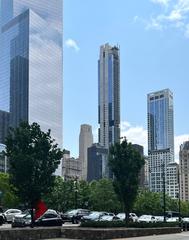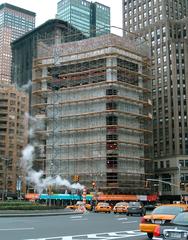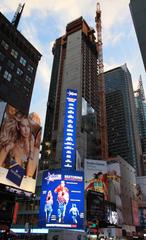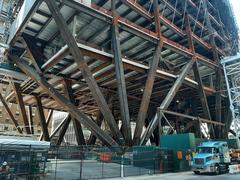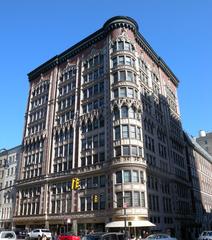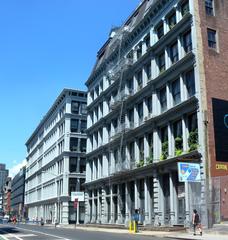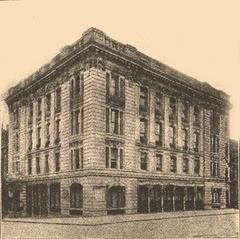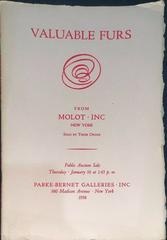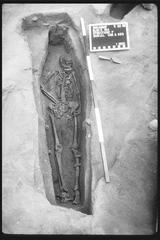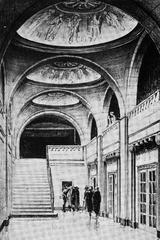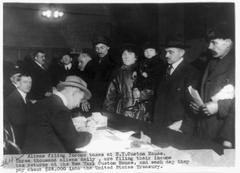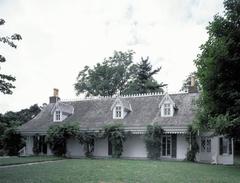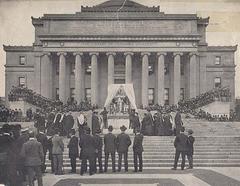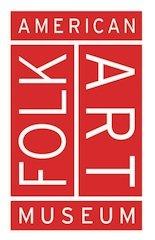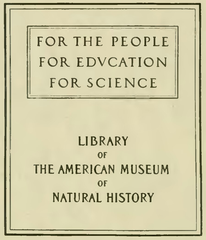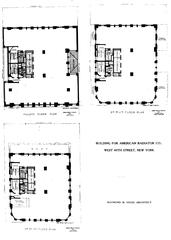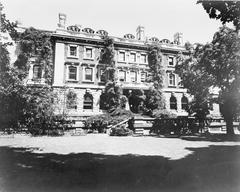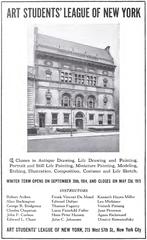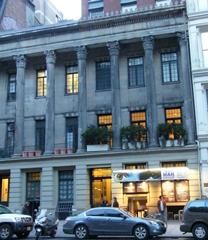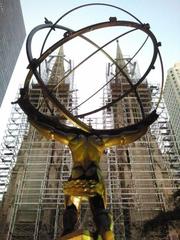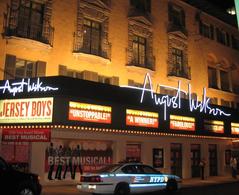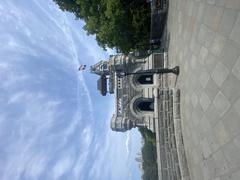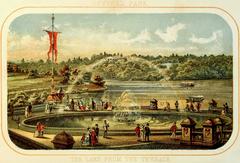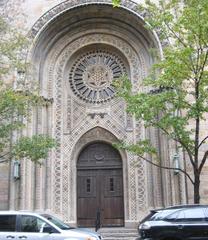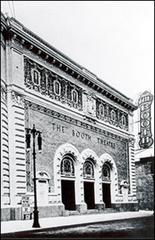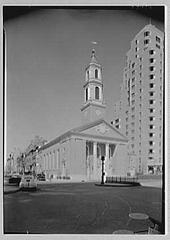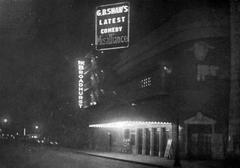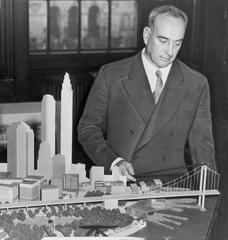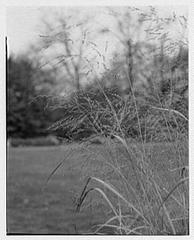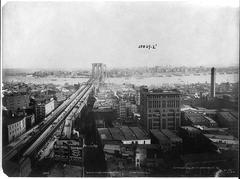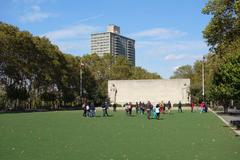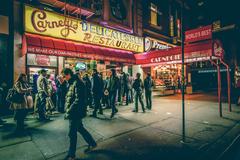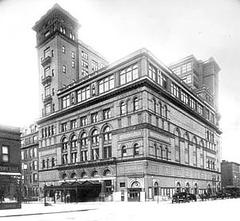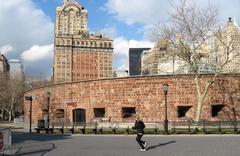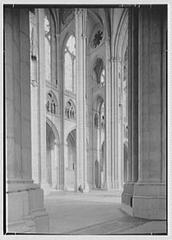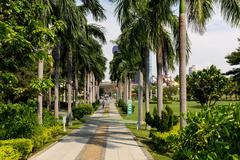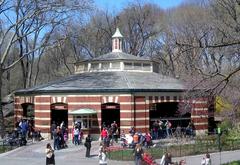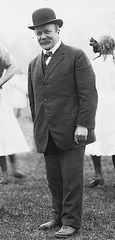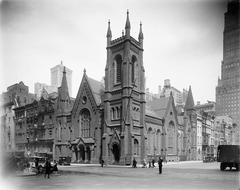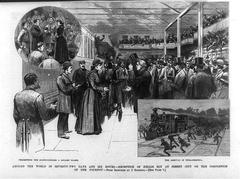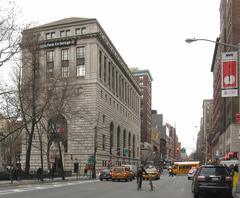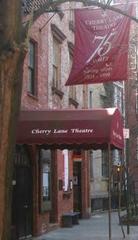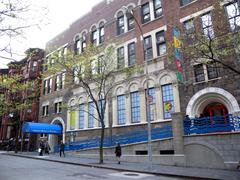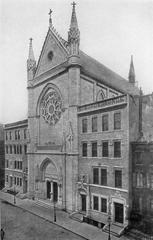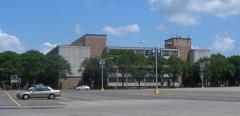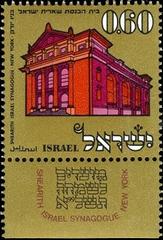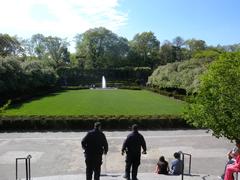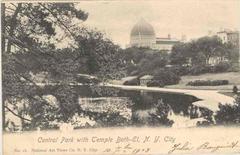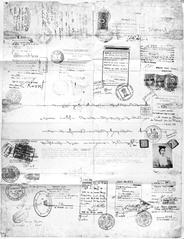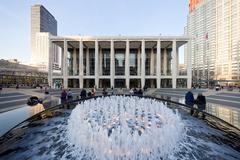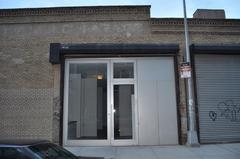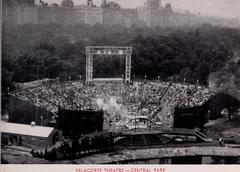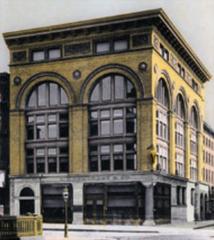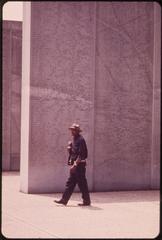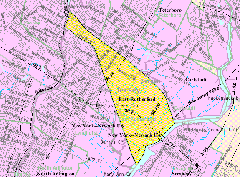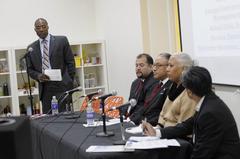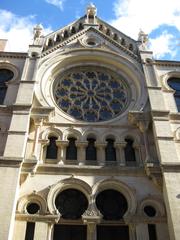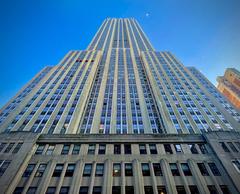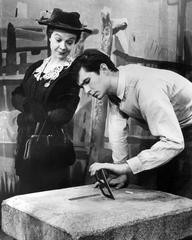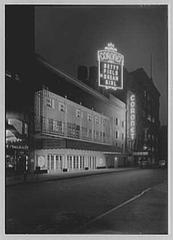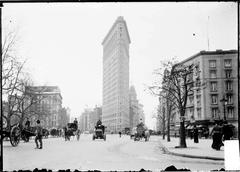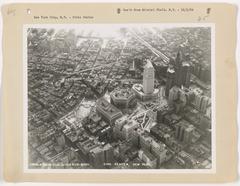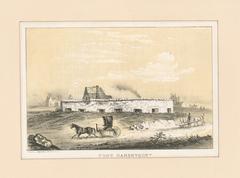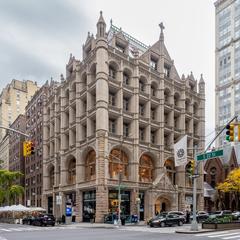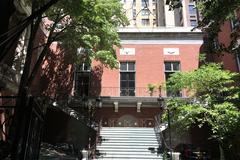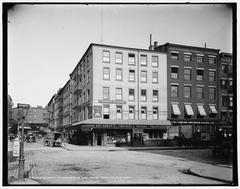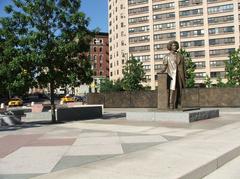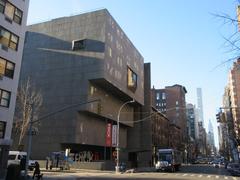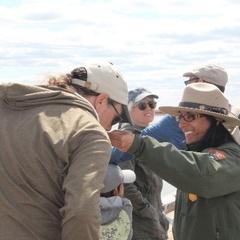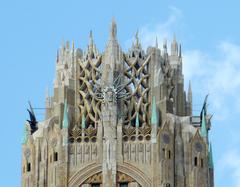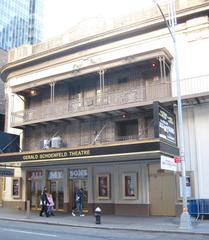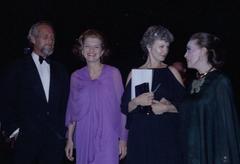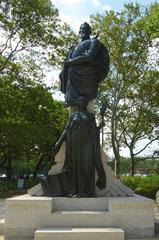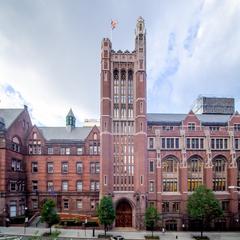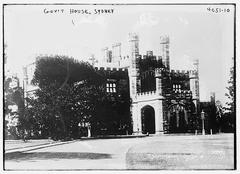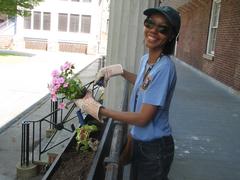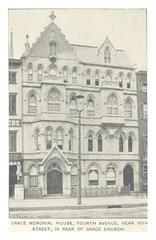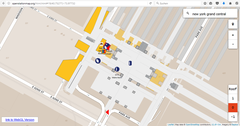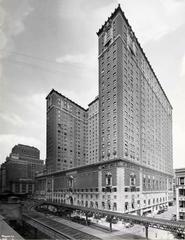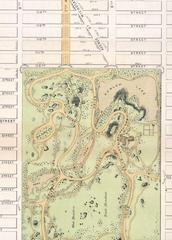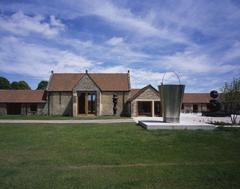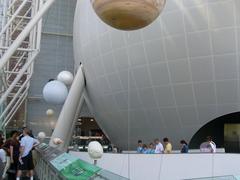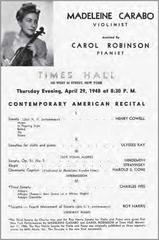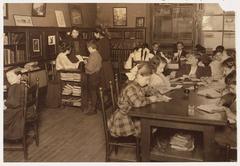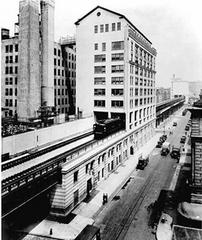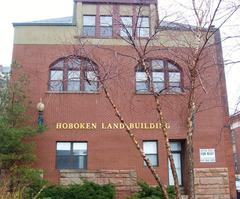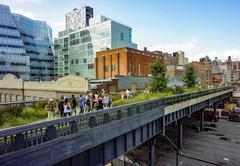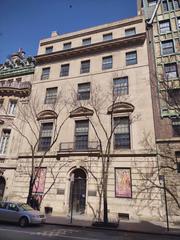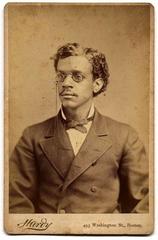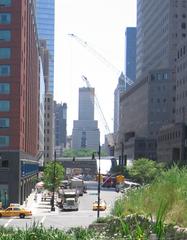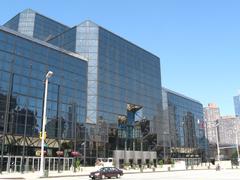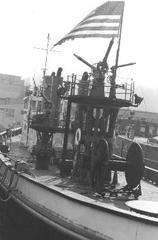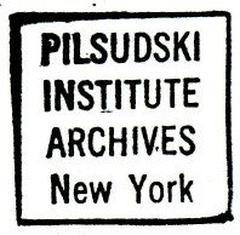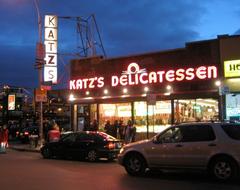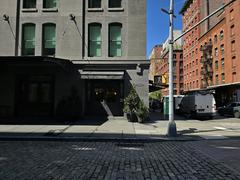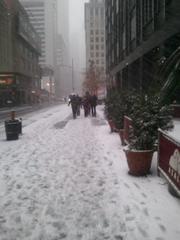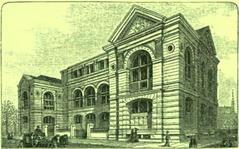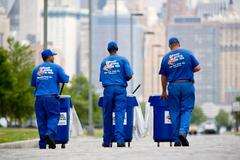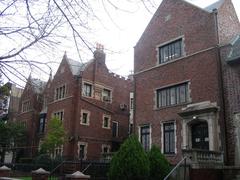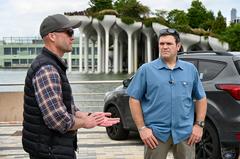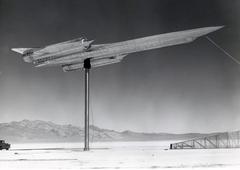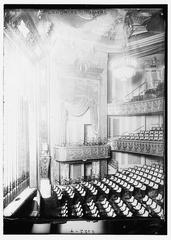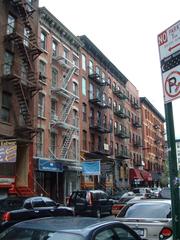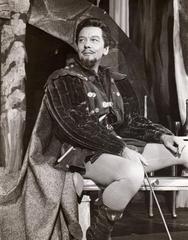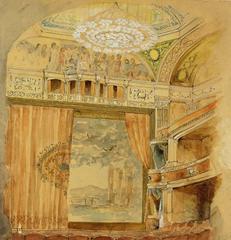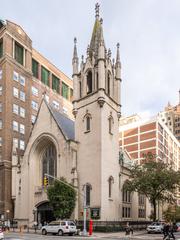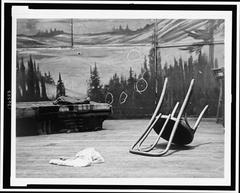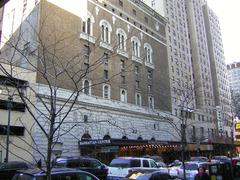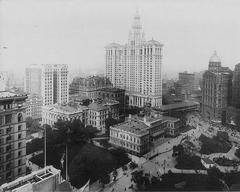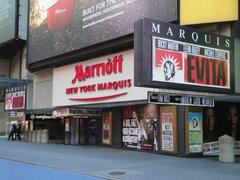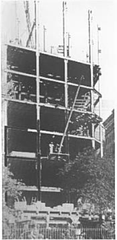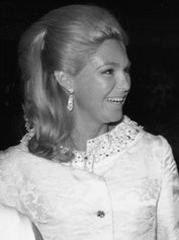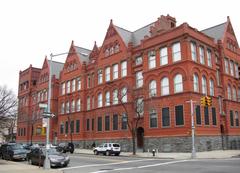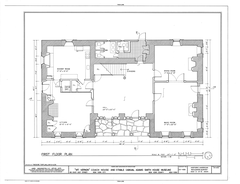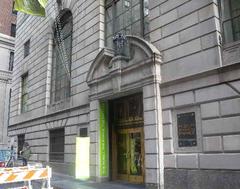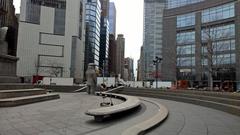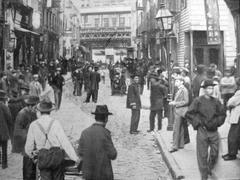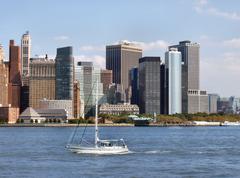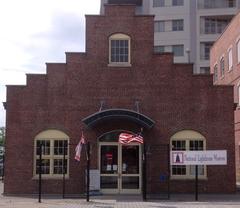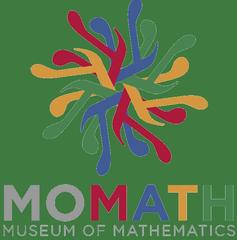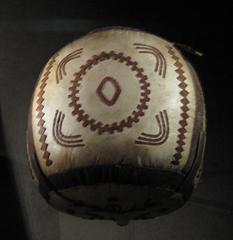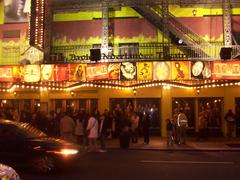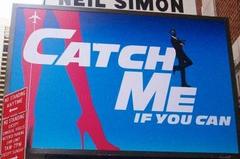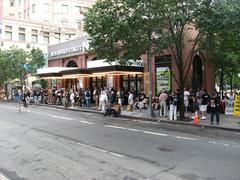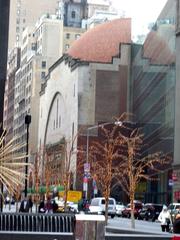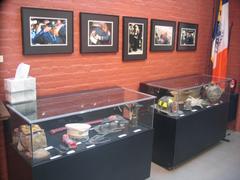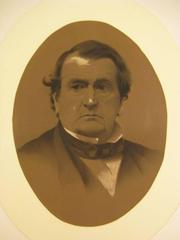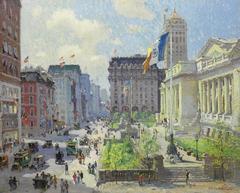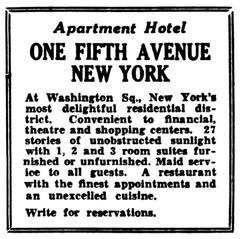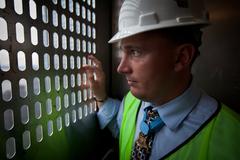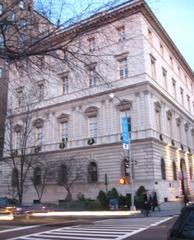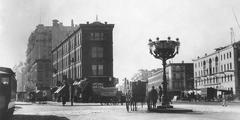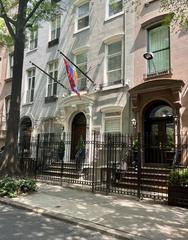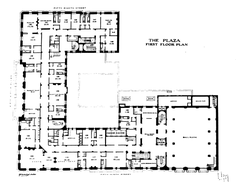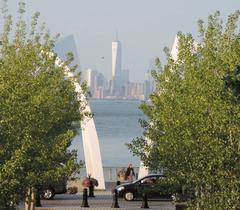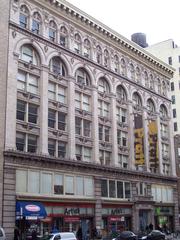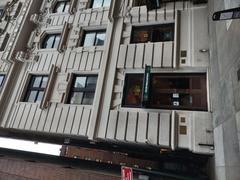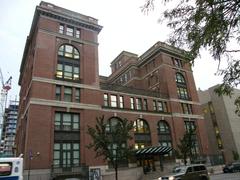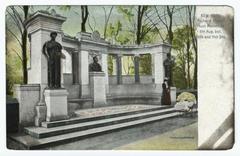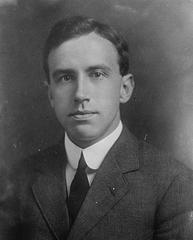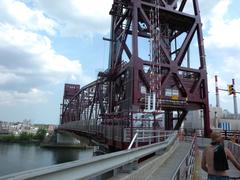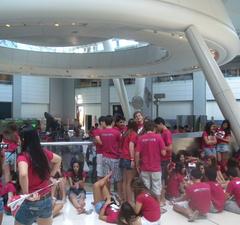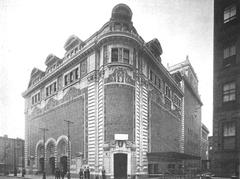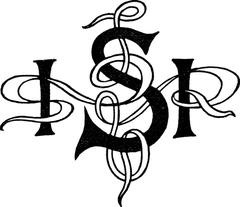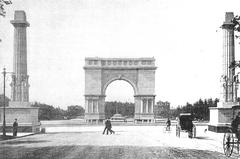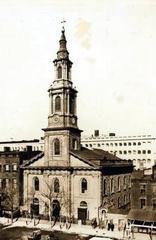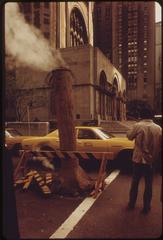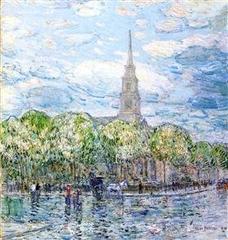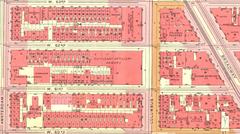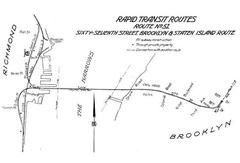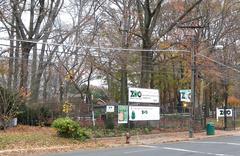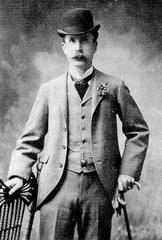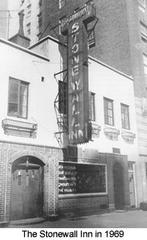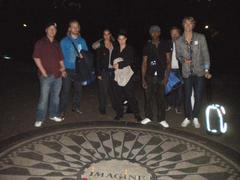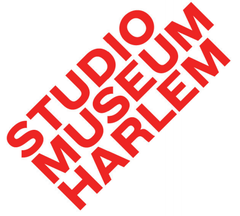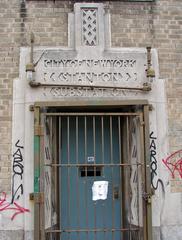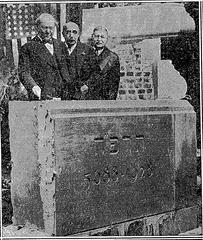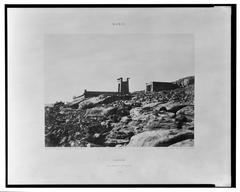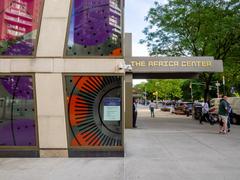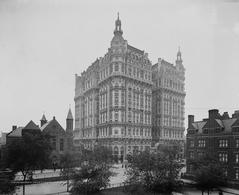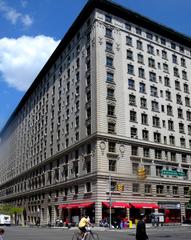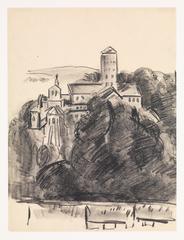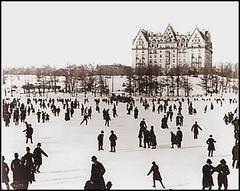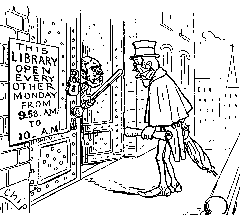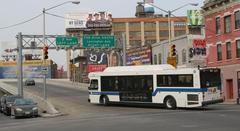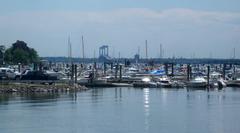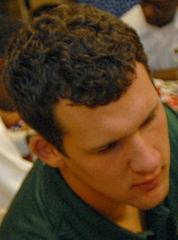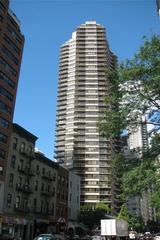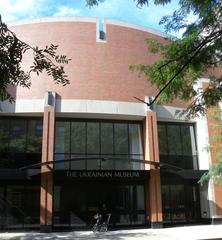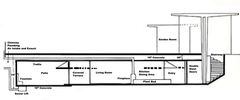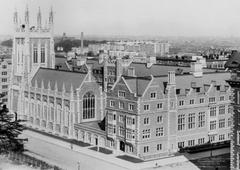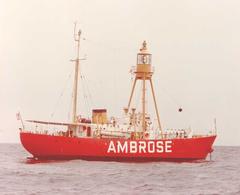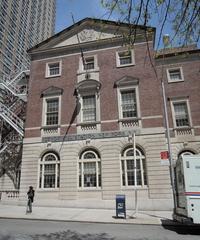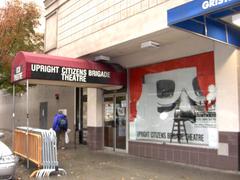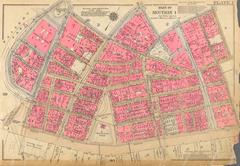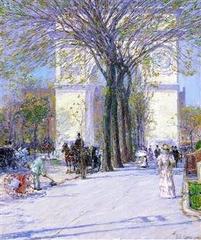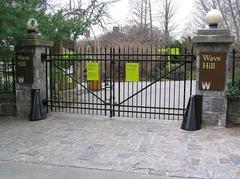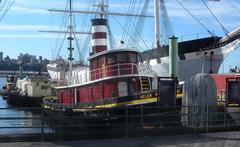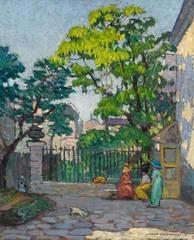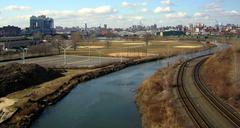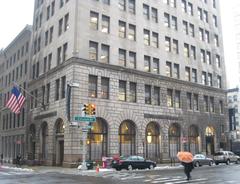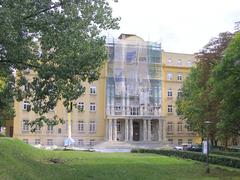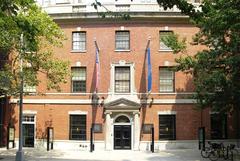Toyota Children’s Learning Garden New York City: Visiting Hours, Tickets, and Historical Significance
Date: 14/06/2025
Introduction
Amid the dynamic streets of New York City, the Toyota Children’s Learning Garden stands as a vibrant testament to the power of urban green spaces to educate, inspire, and unify communities. This unique garden is more than a tranquil retreat—it is a living classroom where children, families, and visitors can engage with nature, explore sustainability, and participate in hands-on environmental education. Supported by Toyota’s “Driving Possibilities” initiative, the garden embodies a broader movement to provide accessible, inclusive, and innovative learning experiences for all ages (Toyota USA, City Parks Foundation).
Located in several New York City neighborhoods—including the Lower East Side, East Village, Queens, Bronx, and Brooklyn—the garden’s multiple sites showcase sustainable design, accessibility, and community-centered programming. Features like raised planting beds, pollinator habitats, composting stations, and solar-powered infrastructure serve as hands-on demonstrations of urban environmental stewardship. The Toyota Children’s Learning Garden welcomes visitors free of charge, offering a schedule of workshops, volunteer days, and special events, with accommodations for accessibility and multilingual education (NYRP, NYCityLearn).
This comprehensive guide provides all the essential information you need to plan an enriching visit, including hours, ticketing, directions, educational programs, and the garden’s broader community impact.
Table of Contents
- History and Development
- Educational Programs & Community Impact
- Visitor Information: Hours, Tickets, and Directions
- Design, Features, and Sustainability
- Seasonal Events & Community Partnerships
- Accessibility and Inclusivity
- Travel Tips & Nearby Attractions
- Frequently Asked Questions (FAQ)
- Summary & Visitor Recommendations
- Sources and Further Reading
History and Development
Origins and Vision
The Toyota Children’s Learning Garden emerged as a response to the growing need for experiential learning spaces in urban settings. In the early 2000s, educators and community leaders across the U.S. began to embrace outdoor learning gardens as vital tools for engaging youth with nature and sustainability (Academia.edu Article on Learning Gardens). Toyota’s commitment to this cause is reflected in its substantial investments in community partnership, education, and environmental stewardship—over $1.1 billion in the U.S. since 1991 (Toyota USA). The garden aligns with Toyota’s “Beyond Zero” vision, which seeks impactful outcomes beyond carbon neutrality.
Development Timeline
- Early Planning and Partnerships: Community meetings, organized by local residents and educators, laid the groundwork for the garden’s design. Toyota’s “Driving Possibilities” initiative, launched in 2024, provided funding and volunteer support (Toyota Pressroom).
- Site Selection and Design: Chosen for neighborhoods with limited green space, the garden features raised beds, native plants, composting areas, and solar energy, with input from local artisans and the NYRP (City Parks Foundation, NYRP).
- Construction and Community Involvement: Built through collaborative volunteer efforts, the garden officially opened in the late 2010s and has since become a model for urban educational spaces.
Educational Programs & Community Impact
- Experiential Science Learning: As part of the City Parks Foundation’s Learning Gardens Program, the Toyota Children’s Learning Garden delivers hands-on lessons in horticulture, biodiversity, and food justice for grades 4–8, alongside a five-month high school training and internship program (City Parks Foundation).
- Community Engagement: The garden donates fresh produce to local communities, hosts nutrition and sustainability workshops, and organizes seasonal festivals and volunteer days.
- Youth Empowerment: Through partnerships with local schools and organizations, the garden fosters environmental stewardship, leadership skills, and community pride.
Visitor Information: Hours, Tickets, and Directions
- Visiting Hours: Most locations are open Tuesday–Sunday, generally from 9:00 or 10:00 AM to 6:00 PM, with extended hours during special events. Gardens are open to school groups during the academic year; public hours may vary by site. For current hours, check the City Parks Foundation calendar or NYRP official website.
- Tickets & Admission: Entry is free for all visitors. Advance registration is required for group visits, educational workshops, and internships.
- Location & Directions: Garden sites are found in the Lower East Side, East Village, Queens (South Jamaica), Bronx (Morrisania), and Brooklyn (Brownsville/East New York). All locations are accessible by subway and bus. For specific transit details and walking directions, visit the City Parks Foundation website.
- Parking: Limited street parking is available near most locations. Public transit is recommended.
Design, Features, and Sustainability
Thematic Planting & Educational Beds
- Vegetable & Herb Beds: Raised, accessible beds with seasonal crops and herbs for hands-on gardening and harvesting.
- Pollinator and Sensory Gardens: Native plantings attract butterflies and bees, with multi-sensory experiences for visitors.
- Habitat Zones: Distinct areas—upland, wetland, lawn, bioswale—demonstrate urban ecology and stormwater management.
Interactive Features & Play Elements
- Water Play Stations, Composting Demonstrations: Interactive installations teach water conservation and resource recycling.
- Natural Play Spaces: Climbing structures and quiet corners foster play and reflection.
Sustainable Infrastructure
- Solar Power & Water Harvesting: Off-grid solar panels and rainwater collection systems reduce environmental impact.
- Recycled Materials: Walkways, benches, and shade structures use reclaimed and local materials.
- Bioswale & Green Infrastructure: Capture and divert stormwater, supporting urban resilience.
Accessibility and Inclusivity
- Barrier-Free Paths & Raised Beds: Ensuring full access for visitors with disabilities, strollers, and all ages.
- Sensory-Friendly Zones: Quiet spaces and adaptive tools serve neurodiverse learners and those with mobility challenges.
- Multilingual Signage: Bilingual educational materials and QR codes expand accessibility.
Seasonal Events & Community Partnerships
- Spring/Summer: Workshops on gardening and pollinator ecology, youth camps, and vibrant blooms.
- Autumn: Harvest festivals and food education events.
- Winter: Evergreen displays, bird feeders, and crafts.
- Community Partnerships: Collaborations with local schools, nonprofits, and sponsors such as the Carroll and Milton Petrie Foundation, Green Mountain Energy Sun Club, NYC Council, and Ernst & Young.
Accessibility and Inclusivity
The Toyota Children’s Learning Garden is committed to welcoming all visitors:
- Physical Accessibility: Wide, gently graded paths and raised beds suitable for wheelchairs and strollers.
- Sensory-Friendly Programming: Quiet zones and adaptive sessions for neurodiverse children.
- Cultural and Linguistic Inclusion: Multilingual resources and staff trained in inclusive education practices (NYCityLearn).
Travel Tips & Nearby Attractions
- Best Times to Visit: Spring through early fall offers the most vibrant plant displays and programming.
- What to Bring: Comfortable shoes, weather-appropriate clothing, water bottles, and notebooks.
- Nearby Attractions: Combine your visit with the Tenement Museum, Essex Market, Tompkins Square Park, or other local historic and cultural sites.
- Visitor Amenities: On-site restrooms, shaded seating, drinking fountains, and staffed security during open hours.
Frequently Asked Questions (FAQ)
Q: What are the Toyota Children’s Learning Garden visiting hours?
A: Open Tuesday to Sunday, typically 9:00 or 10:00 AM–6:00 PM, April–October. Some sites may vary; check the official schedule.
Q: Is admission free?
A: Yes, general admission is free. Registration may be required for workshops or group programs.
Q: Are the gardens wheelchair accessible?
A: Yes, all locations offer accessible paths and raised beds.
Q: Can I volunteer?
A: Yes, volunteer opportunities are available. Visit the NYRP website for details.
Q: Are guided tours available?
A: Guided tours can be arranged for school or community groups with advance booking.
Summary & Visitor Recommendations
The Toyota Children’s Learning Garden exemplifies the transformative potential of urban green spaces in New York City. Through innovative design, inclusive programming, and strong community partnerships, the garden provides a model for environmental education and sustainable urban living. Toyota’s sustained support—through both funding and active engagement—ensures that the garden remains a vital resource for youth empowerment and community wellness (City Parks Foundation, NYRP, Toyota USA Foundation).
Whether you’re planning a family outing, a school field trip, or an exploration of NYC’s green initiatives, the Toyota Children’s Learning Garden promises a rewarding and educational experience. Engage with its programs, volunteer initiatives, and seasonal events to deepen your connection to urban nature and support a sustainable city.
Sources and Further Reading
- City Parks Foundation - Learning Gardens
- Toyota USA - Our Story
- Toyota Pressroom
- NYRP - Toyota East Children’s Learning Garden
- NYC Department of Citywide Administrative Services - Educational Programs
- Driving Possibilities Initiative
Visuals:
- High-resolution images of the garden’s steel arbor and habitat zones
- Photos of children in environmental education programs
- Maps highlighting garden locations and nearby attractions
For the latest visiting hours, program updates, and volunteer opportunities, always consult the official websites listed above.
